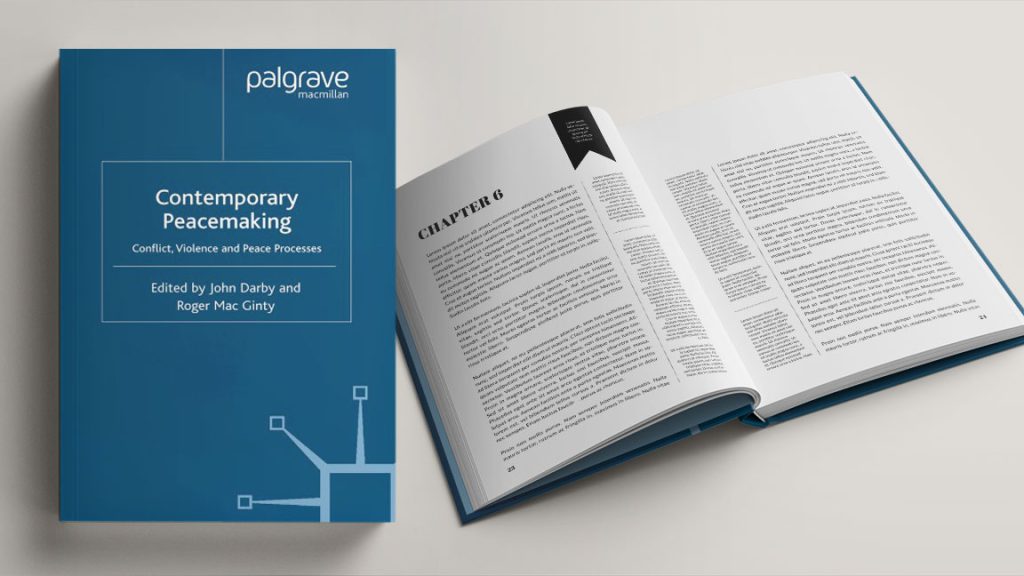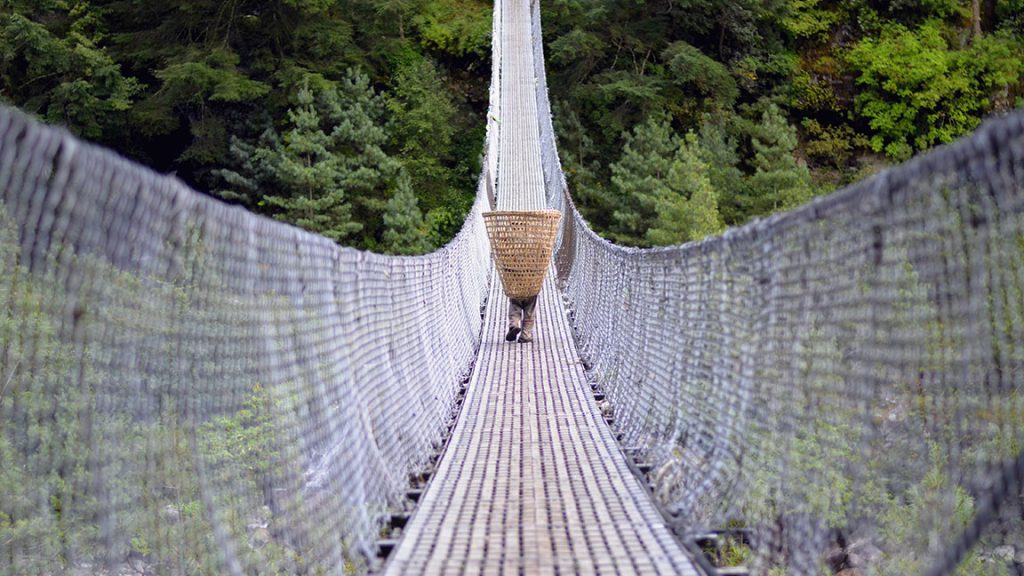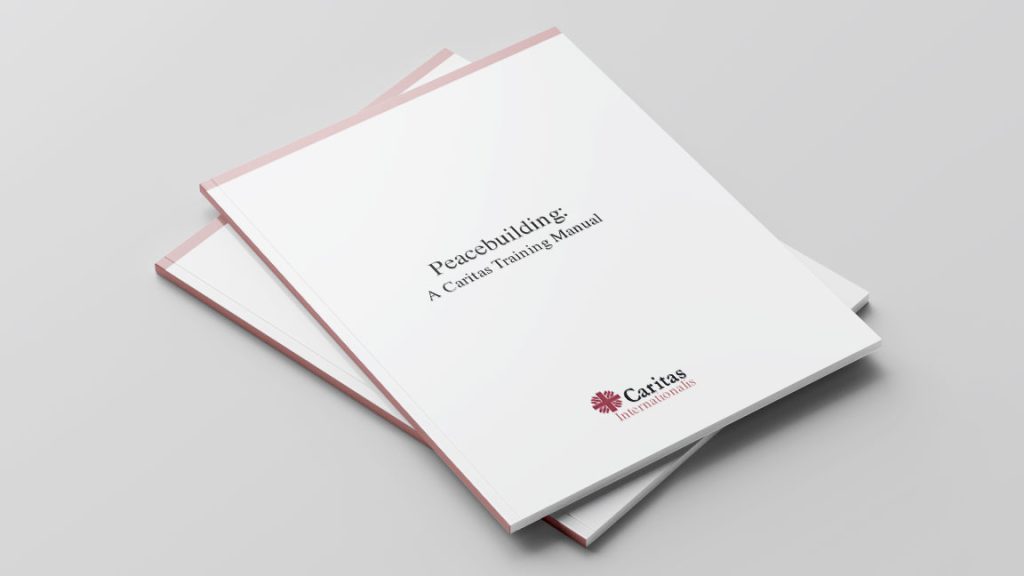
"I am carefully cautious when all appears ripe for settlement and innoculatingly naive when all appears hopelessly lost in the grip of calamity."
So do you think it may be possible to move towards dialogue, maybe initial, off record contacts to see what obstacles or possibilities exist for a negotiated process to end the conflict?’ The question posed by our peace research team to the representatives of the Basque separatist movement was genuine though intuitively we knew the response. The heads shook slowly and the inevitable short answer emerged, ‘No. It is going to be a hard two years,’ followed by a much more details justification and rationale.
The year of this conversation could have been 1991 prior to the Barcelona Olympic Games, or 1994 following the Olympics. Or it could have been January 2001, for the answer was much the same. The counterpart could just as well have been representatives of the Spanish government rather than the separatists. For that matter, the conversation could have taken place in Northern Ireland, Somalia, or Colombia. In protracted conflict, the horizon of expectation is not the rise of peaceful change…
Lederach, John Paul. “Cultivating Peace: A Practitioner’s View of Deadly Conflict and Negotiation.” In Contemporary Peacemaking: Conflict, Peace Processes and Post-War Reconstruction, edited by John Darby and Roger Mac Ginty, 36–44. London, England: Palgrave Macmillan UK, 2008.


